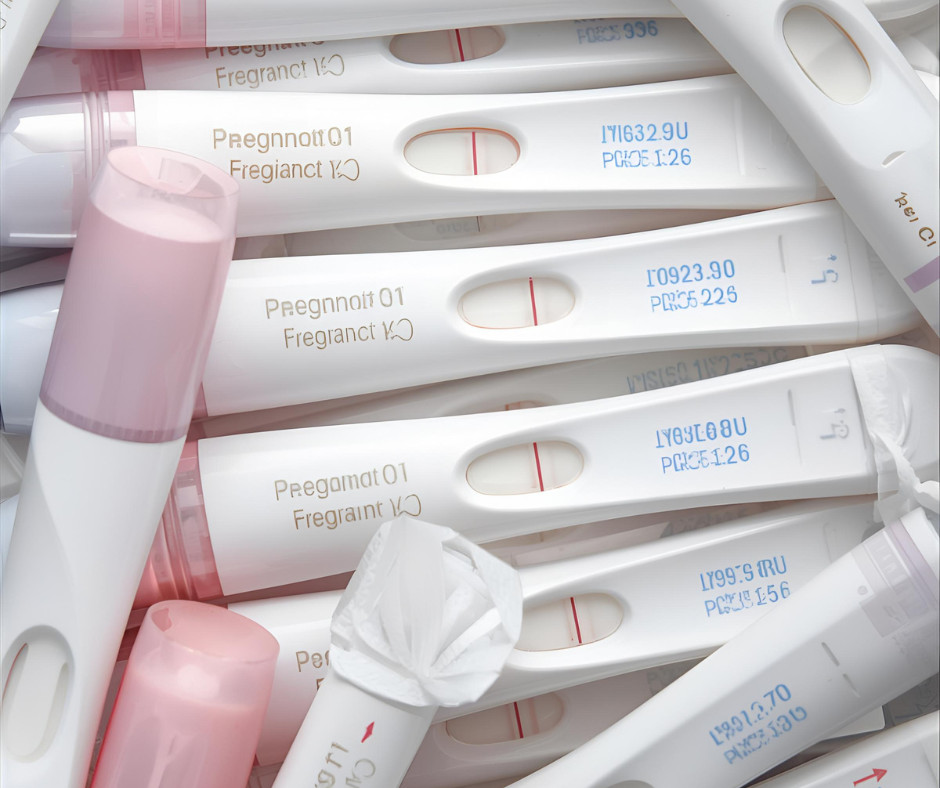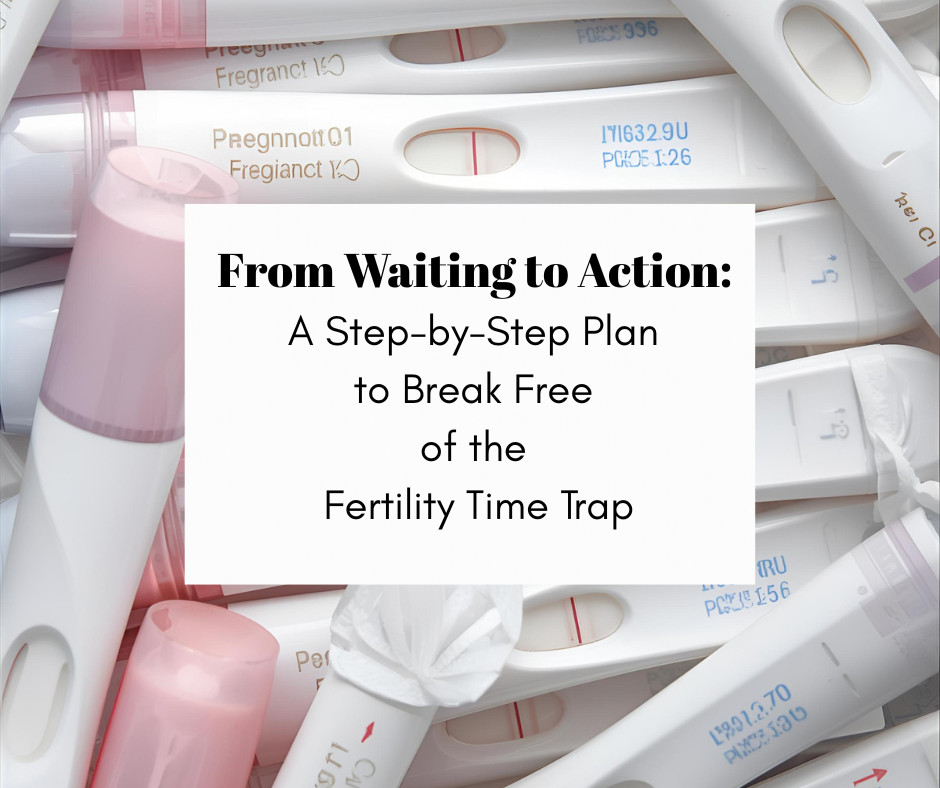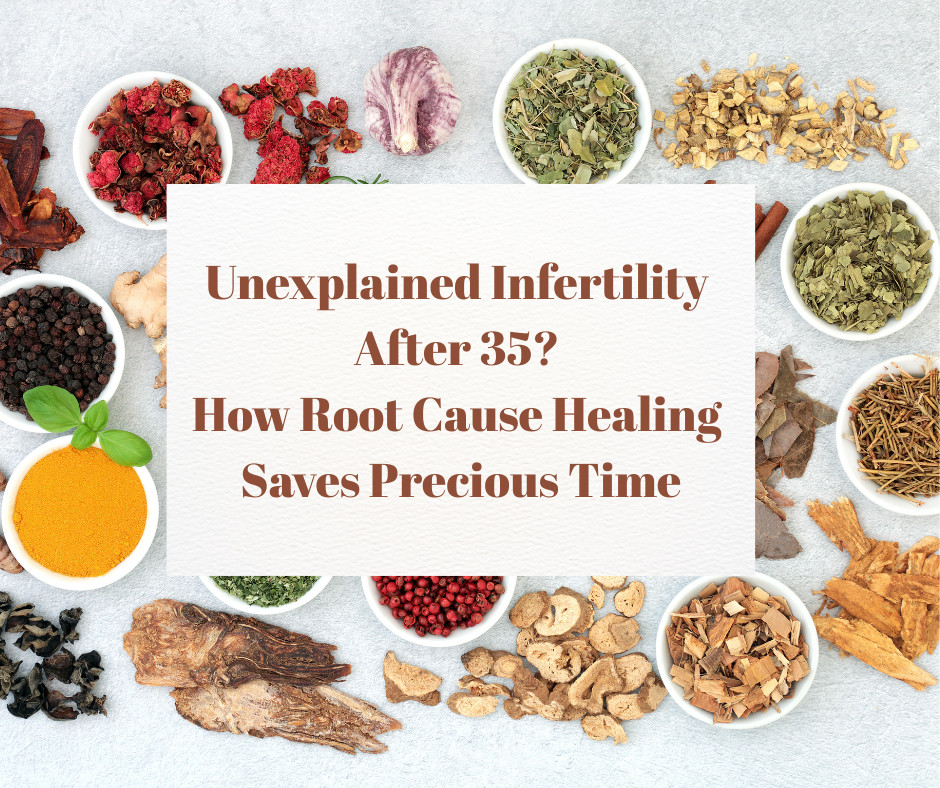
When you're trying to conceive, it's natural to think about all of the things you need to do to increase your chances of getting pregnant. But what about all of the things you need to do to make sure you stay pregnant? Here are 5 tests you should consider testing for, especially if you're having trouble staying pregnant.
1) Factor v Leiden is a blood clotting disorder that an estimated 80% of the population is a carrier for. This is typically part of a genetic blood disorder panel that your doctor may or may not test you for. Factor V (or factor 5) can cause chemical pregnancies, early or late miscarriage, still birth and secondary infertility. For more information about how FVL contributes to these problems check out my YouTube video. For a longer explanation I provide a deep dive in my exclusive group, Infertility Empowered
2) Antiphospholipid syndrome (APS) is an autoimmune disorder that is associated with pregnancy complications, and can cause first trimester miscarriage. The cause of this is because the antibodies prevent the pregnancy from implanting properly. It can also cause issues with miscarriage for this same reason as it's also known to restrict the babies growth. Your doctor can order a simple blood test for this. For more information about one woman's story with APS check out my YouTube interview with Traci Reitchel
3) Urea Plasma is tricky little bacteria that can have NO symptoms at all (besides repeat miscarriage or infertility) or can cause intermittent or constant urinary tract infection symptoms. This bacteria is DIFFICULT to culture which means it's difficult to diagnose. Typical treatment for this is a course of antibiotics for you AND your partner. You might need to take more than one round in order to clear it up. This is because Urea plasma doesn't have a cell wall which is what common antibiotics attack to resolve the infection. Check out my amazing YouTube interview with Erin Banks who after 2 years and a carousel of doctors, 9 Medicated cycle... 5 Unsuccessful IUIs... 3 Miscarriages... finally got a diagnosis that lead her to not one BUT 2 healthy pregnancies. https://youtu.be/29yeF1LKYRg
4) Progesterone levels have to be optimal to maintain a healthy pregnancy. This is an easy blood test for your doctor to perform and determine if you need a progesterone supplement. Progesterone levels fluctuations can cause problems during pregnancy. For example, too high or too low of levels can result in a miscarriage. Progesterone helps maintain an ideal environment in the womb for the baby to grow and develop properly. Keeping progesterone levels in check is essential for a healthy pregnancy. If your doctor tells you this isn't important to maintain a pregnancy please get a second opinion.
5) Thyroid levels are crucial to getting and maintaining a pregnancy. The problem is the range of "normal" is so large it might not be "normal" for you. The way to to fix this is to research your thyroid levels during a time when you weren't symptomatic. Symptoms of thyroid disruption can mimic other disorders so do a careful self evaluation to see if you recognize any common symptoms in yourself.
If your dealing with secondary infertility thyroid levels are normally checked at the beginning of pregnancy and this would be the number (at conception) that you would want to focus on to achieve pregnancy again.
Join my group Infertility Empowered where I take a deep dive into extended thyroid testing and why it's so important















0 Comments